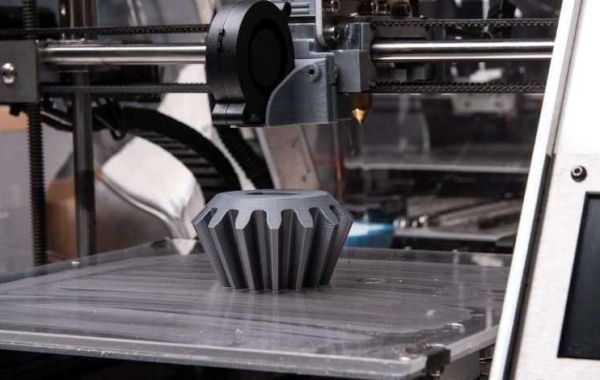The cost of CNC milling steel parts is influenced by several factors:
- Material Cost:The type and quantity of steel used will significantly impact the overall cost. Higher-grade steels, such as stainless steel or tool steel, will generally be more expensive.
- Part Complexity:More complex parts require additional machining time, specialized tooling, and potentially more programming effort, increasing the cost.
- Tolerances:Tighter tolerances demand higher precision and specialized tooling, which can add to the cost.
- Surface Finish:The desired surface finish, such as polished, matte, or textured, will affect the amount of finishing work required and, consequently, the cost.
- Quantity:Larger quantities often lead to economies of scale, as setup costs can be spread over more parts, reducing the unit cost.
- Machining Time:The time required to machine a part will influence the labor cost. Factors like part size, complexity, and cutting tool selection can impact machining time.
- Tooling Costs:The cost of cutting tools, such as end mills, drills, and reamers, can vary depending on their size, material, and coating.
- Post-Processing:Additional processes like heat treatment, surface finishing, or coating may be required to achieve the desired properties and appearance. These processes can add to the overall cost.
By carefully considering these factors and working closely with a CNC machining service provider, you can optimize the cost of your steel parts while ensuring they meet your specific requirements.








